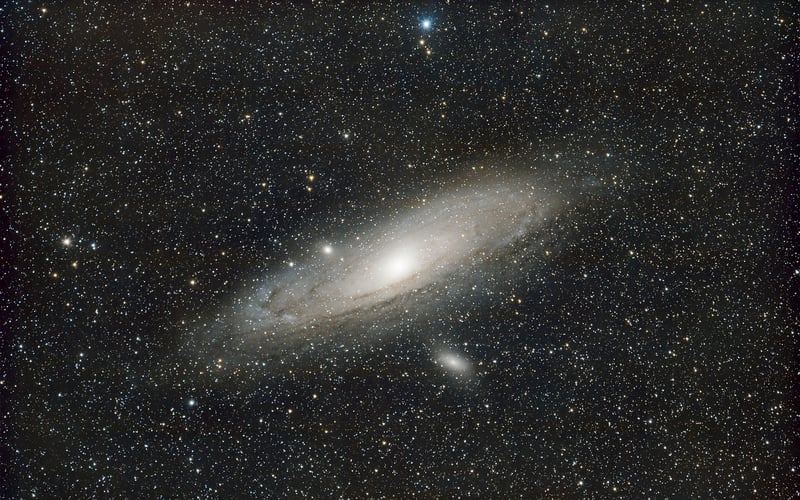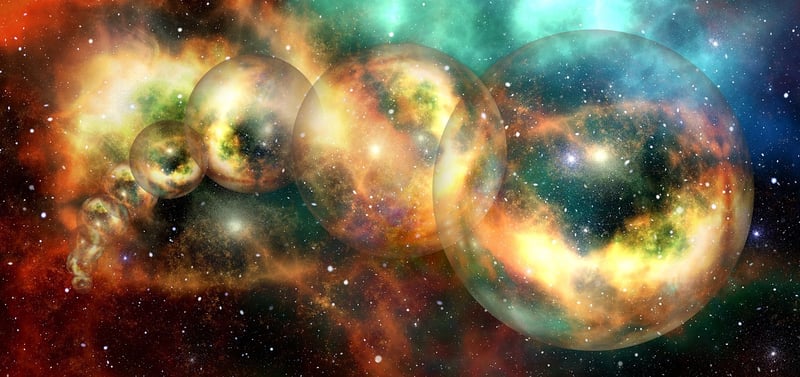Multiverse Hypothesis
The Laws Governing Time Travel and the Multiverse Hypothesis
Time travel and the multiverse hypothesis have captured the imagination of many, sparking endless debates and discussions. While time travel is often portrayed in science fiction as a thrilling adventure, the concept raises complex questions about causality, paradoxes, and the nature of reality. Similarly, the multiverse hypothesis suggests the existence of multiple parallel universes, each with its own set of physical laws and possibilities.
Time Travel and the Laws of Physics
According to our current understanding of physics, particularly Einstein's theory of relativity, time travel into the past is a challenging proposition. The laws of physics as we know them do not explicitly prohibit time travel, but they do impose significant constraints.
Key Concepts:
- Grandfather Paradox: The classic paradox where a time traveler could potentially prevent their grandparents from meeting, leading to the time traveler never being born.
- Causality Loops: Events leading to their own causes, creating a loop without a clear starting point.
- Space-Time Curvature: The warping of space-time by massive objects, potentially allowing for closed time-like curves.
The Multiverse Hypothesis
The multiverse hypothesis suggests that there could be an infinite number of universes, each with its unique properties and laws of physics. In this vast multiverse, every possible outcome and variation exists, leading to a staggering array of parallel realities.
Types of Multiverses:
- Bubble Universes: Universes that exist independently, like bubbles in a cosmic foam.
- Many-Worlds Interpretation: Every quantum event spawns a new universe, encompassing all possible outcomes.
- Brane Multiverse: Universes existing on parallel membranes in higher-dimensional space.
Conclusion
While the laws governing time travel and the multiverse hypothesis remain theoretical and speculative, they continue to fascinate scientists, philosophers, and enthusiasts alike. Exploring these concepts not only stretches the bounds of our imagination but also challenges our understanding of the universe and our place within it.
For further reading on this topic, you can check out Space.com's article on Time Travel and Scientific American's piece on the Multiverse.


